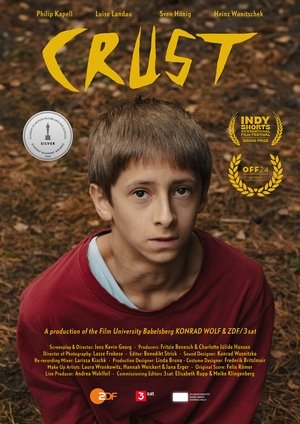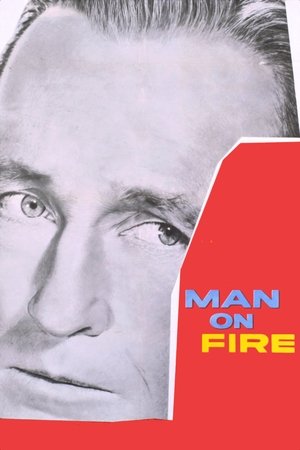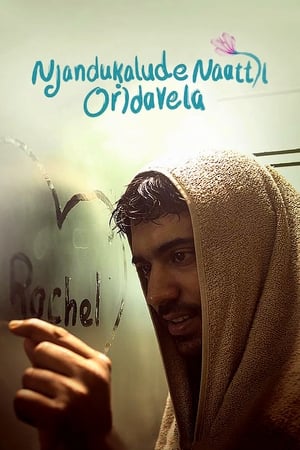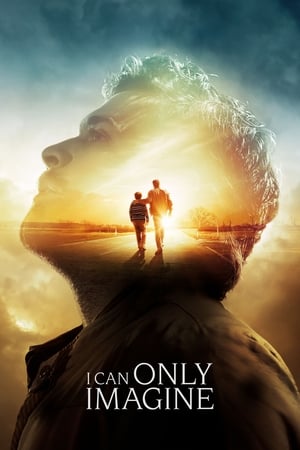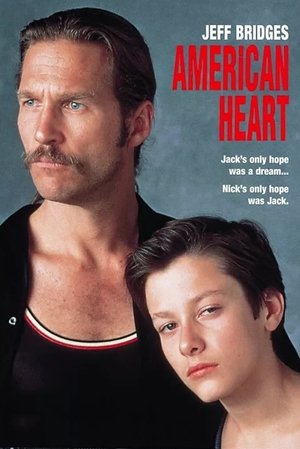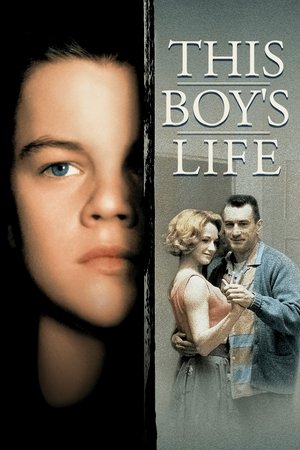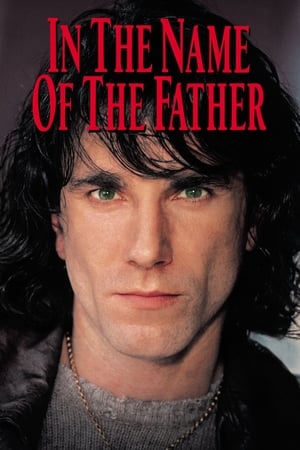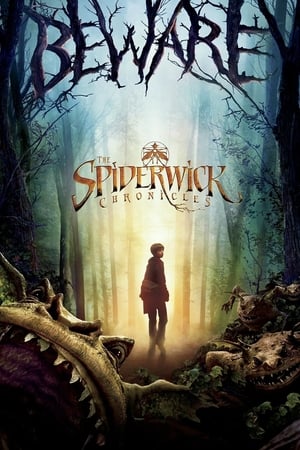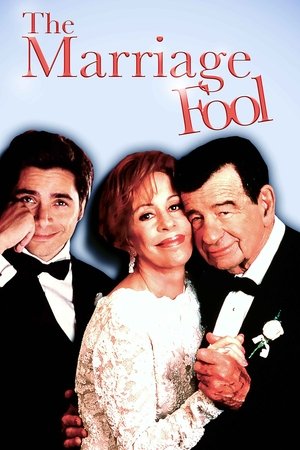Overview
Middle-aged Jem sets out from his suburban home on a journey into the woods, where he reconnects with his estranged hermit brother Ray. Bonded by a mysterious, complicated past, the men share a fraught, if occasionally tender relationship—one that was forever altered by shattering events decades earlier.
Reviews
When a new filmmaker emerges on the scene, that director is often held to an almost impossibly high level of scrutiny, as if being judged before a panel evaluating a grad student’s thesis. To a certain extent, that can be an arduous but worthwhile trial to see if the candidate has what it takes to defend his or her case and, ultimately, to cut it in the field into which entry is being sought. At the same time, though, it’s important to remember that the cinematic newcomer has likely never attempted anything like this before and that there’s bound to be an inescapable learning curve involved. Such are the circumstances surrounding the debut offering from Ronan Day-Lewis in his first feature outing, an ambitious if sometimes-flawed collaboration with his father, three-time Oscar-winning actor Daniel Day-Lewis, who comes out of retirement after eight years in making his return to the big screen. And, while there certainly are qualities that could have been better handled, this is nevertheless an impressive premiere for the new director, one that, one hopes, bodes well for an auspicious future. “Anemone” is, by its nature, a picture that’s difficult to characterize, but I see it as an intensely personal drama made up of a collection of anecdotal stories that delve into the complexities involved in interpersonal relationships between brothers and between fathers and sons. This includes the experiences of siblings Ray and Jem Stoker (Day-Lewis, Sean Bean), along with those of their son/stepson, Brian (Samuel Bottomley), as well as Brian’s marginalized mother, Nessa (Samantha Morton). These accounts address a variety of incidents involving personal trauma and the forgiveness (or lack thereof) associated with them. Their explicit and detailed confessions recount painful occurrences that stemmed from military service, family relations, and interactions with authority figures, such as implicitly trusted clergymen who never should have been accorded such respect to begin with. In the process, these revelations explore themes related to toxic masculinity, mental health issues (particularly PTSD), the willingness to face (or avoid) one’s demons, and cultural behavioral expectations, including whether they should be adhered to unwaveringly. Because of the approach used here, the pacing has been criticized by some as overly slow and plodding, but, given the eloquence of the writing in conveying them, I found this take to be quite effective, coming across like listening to engaging, earnest and heartfelt storytelling being imparted to what one would hope is a willing, sensitive and supportive audience. This narrative is further enhanced by stylistically stunning cinematography and an emotive and atmospheric score, creating a visual painting accompanied by a fitting musical backdrop. And then there are the superb performances of Day-Lewis in a triumphant return to his craft, showing that he hasn’t lost a step since his last on-screen appearance, as well as the fine supporting portrayals by Bean, Bottomley, and, especially, Morton. For all of these strengths, however, the production has some issues with its ill-considered attempts at symbolism and surrealism, occasional narrative meandering, and sequences that could have used some judicious film editing. However, considering that this is the filmmaker’s first attempt at plying his craft, I’d much rather see him take the risk of experimenting in these ways than falling back on formula elements, even if not all of them work out as hoped for. “Anemone” may not be a perfect film, but I would hate to see it mercilessly trod upon for its shortcomings. There’s enough discouragement in the world these days to see an excessive amount of it heaped upon a promising filmmaker at a time when the industry can use all of the fresh and inventive new talent it can get.
FULL SPOILER-FREE REVIEW @ https://talkingfilms.net/anemone-review-a-visually-grand-emotionally-impenetrable-return-for-daniel-day-lewis/
"Anemone will go down in history for marking the return of a legend whose potential was, for the most part, wasted.
Ronan Day-Lewis' debut exhibits remarkable aesthetic courage and unbridled ambition, but his insistence on symbolism and pretentiousness robs the audience of any chance to establish a lasting emotional connection. Daniel Day-Lewis' mastery is transformed into an artistic sacrifice, where infinite monologues become pieces of a puzzle never clarified or completed.
It's a movie that uses personal trauma as raw material but fails to make us feel the weight of that pain, ultimately becoming a visually sublime prison where trauma manifests as the silence that, when finally broken, only screams to itself."
Rating: C-
“Jem” (Sean Bean) leaves his home in the early hours and sets off on his motor bike deep into the forest where, armed with only some scribbled latitude and longitude, he arrives at the very remote house inhabited by “Ray” (Sir Daniel Day-Lewis). It is immediately clear that there’s some sort of relationship between these two men, but to call it taciturn might be too enthusiastic. They now proceed to spend a few days together and we discover a little of the nature of their pasts, their presents and what “Jem” hopes will be a future that might help out the angst-ridden young “Brian” (Samuel Bottomley) who lives with his mother “Nessa” (the under-used Samantha Morton) and who is missing quite a few answers about his childhood. Some of the pieces of this human jigsaw puzzle are provided here, but even then we don’t really get a chance to get to know either man as they spar amongst the trees in what might be the wettest place on Earth. It touches on the “troubles” and some of their ensuing trauma but with nowhere near enough substance to engage until one heartfelt conversation at the close that, again, managed to underwhelm. The characteristically wooden Bean has hardly any lines to remember and the more general paucity of informative dialogue left me increasingly uninterested in these undercooked and shallow personas that left me wanting until, well I simply stopped wanting. Perhaps it was the relentless rain that dampened my enthusiasm, but I felt nothing for these two men and I was really quite disappointed with this.

 125 min
125 min
 6.073
6.073
 2025
2025
 United Kingdom
United Kingdom
 Brent Marchant wrote:
Brent Marchant wrote: